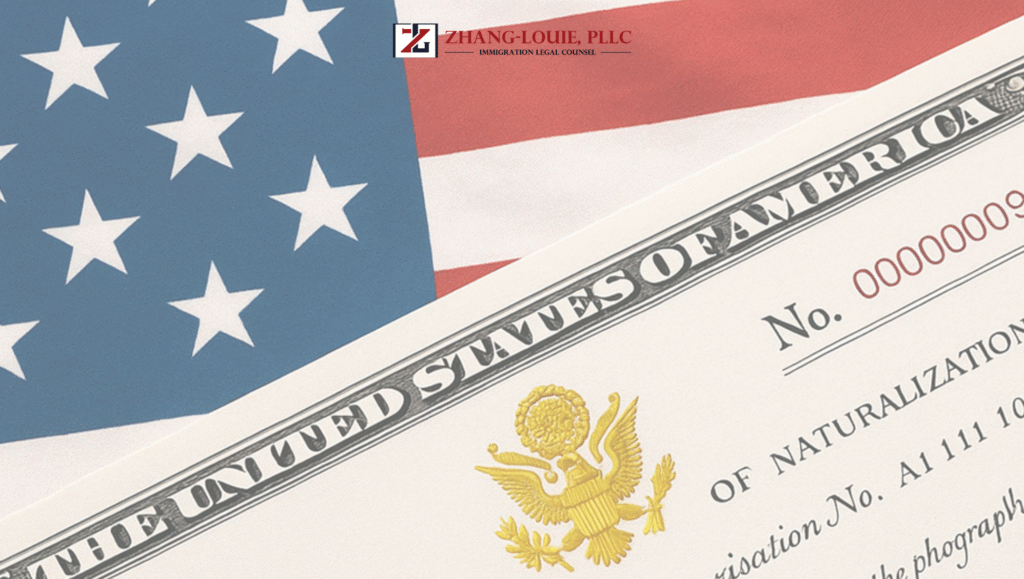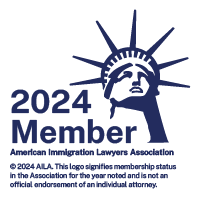
When applying for immigration benefits in the United States, meeting eligibility requirements is only part of the process. Many applications also require U.S. Citizenship and Immigration Services (USCIS) to exercise discretion, meaning officers look at the bigger picture of your case, weighing both positive and negative factors before making a decision.
On July 2025, USCIS issued new policy guidance (PA 2025-16) clarifying how officers should evaluate these discretionary factors. The update is designed to make decisions more consistent and transparent, while reminding applicants that discretion can play a major role in outcomes.
What Does “Discretion” Mean?
Discretion gives USCIS officers flexibility to decide whether granting a benefit, such as adjustment of status, a waiver, or other immigration relief, aligns with the public interest and immigration law. Even if you meet the technical eligibility criteria, an officer may still deny your request if negative discretionary factors outweigh the positives.
Key Highlights from the Policy Update
According to the USCIS Policy Manual update:
- Positive factors can strengthen your case. These include long-term lawful residence in the U.S., family ties, steady employment, community service, and evidence of rehabilitation if past issues exist.
- Negative factors may work against you. Examples include prior immigration violations, criminal activity, misrepresentation, or a history of failing to comply with U.S. laws and obligations (such as unpaid taxes).
- Case-by-case approach. Officers are instructed to weigh all circumstances carefully, taking into account the totality of your situation, rather than focusing on a single issue.
- Consistency and fairness. The updated guidance emphasizes that discretionary decisions should follow clear standards and avoid arbitrary outcomes.
Why This Matters for Applicants
For many applicants, discretion is the deciding factor. Even minor issues, like past overstays or administrative violations, could raise red flags if not addressed properly. On the other hand, strong evidence of good moral character, contributions to society, and compliance with immigration rules can help tip the balance in your favor.
At Zhang-Louie PLLC, we’ve guided clients through discretionary reviews ranging from adjustment of status to waivers and naturalization. Our approach is to present not only the required documents, but also a compelling picture of your positive contributions, ensuring that discretionary factors are clearly highlighted in your favor.
GET IN TOUCH

